17th International Congress on infectious diseases will be held in Hyderabad
Sat 20 Feb 2016, 11:24:18

The 17th international Congress on infectious diseases, a leading forum for infectious disease experts worldwide will be held from March 2-5 in Hyderabad.
The 17th ICID is being organised by the International Society for Infectious Diseases (ISID) in collaboration with the Public Health Foundation of India (PHFI) and many partner organizations and with support from the Government of Telangana, the Indian Council of Medical Research (ICMR) and the Department of Biotechnology, Government of India.
The three-day meeting will feature leading international infectious disease experts and will be attended by over 2000 clinicians, microbiologists, biomedical scientists, public health specialists, and epidemiologists from all over the world.
The scientific programme covers a broad range of topics, including antimicrobial resistance, healthcare-associated infections, pandemic influenza, hemorrhagic fevers, enteric diseases, tuberculosis, and the many other infectious disease related challenges that are relevant to the Indian sub-continent and are growing in importance globally.
Professor Jonathan Cohen, Emeritus Professor in Infectious Diseases and President of the International Society for Infectious Diseases, said: “I am absolutely delighted that this meeting is being held in Hyderabad, the first time that the society has held our meeting in India. Far from being a diminishing threat, as some had predicted, infectious diseases and the problems of antimicrobial resistance are as challenging now as they have ever been. The meeting will provide an outstanding opportunity for colleagues from around the world to share their experience and learn from our internationally respected faculty”.
Talking about
the 17th ICID, Professor Ramanan Laxminarayan, Distinguished Professor, PHFI and Chair of the National Organising Committee (NOC) of the 17th ICID, said: “The International and the National Organizing Committees of the 17th ICID have put together a tremendously interesting programme on infectious disease research and practice. Given the continued importance of threats including antibiotic resistance, malaria and more recently, Ebola and Zika viruses, the event underscores the continued importance of infectious diseases in India.”
the 17th ICID, Professor Ramanan Laxminarayan, Distinguished Professor, PHFI and Chair of the National Organising Committee (NOC) of the 17th ICID, said: “The International and the National Organizing Committees of the 17th ICID have put together a tremendously interesting programme on infectious disease research and practice. Given the continued importance of threats including antibiotic resistance, malaria and more recently, Ebola and Zika viruses, the event underscores the continued importance of infectious diseases in India.”
It was in a laboratory in the old Begumpet military hospital building in this city that Ronald Ross, on 20 August 1897, discovered malaria parasites inside the body of a mosquito. That discovery earned him a Nobel Prize in 1902 and transformed our understanding of this deadly disease.
More recently, Hyderabad has become home not just to a large information technology industry, but also to Genome Valley, a booming hub for biotech and vaccine research and development. It is appropriate that the 17th ICID, the first ever ICID to be held in the Indian subcontinent, will be held in this city of science and technology.
International Society for Infectious Diseases (ISID) was created in 1986 by a merger between the International Congress on Infectious Diseases (ICID) and The International Federation on Infectious and Parasitic Diseases (IFIPD).
The society is composed of individual members from over 155 countries around the world. Since its inception, ISID has been dedicated to improving the care of patients with infectious diseases, the professional development and standing of clinicians and scientists in the field, and the control of infectious diseases around the world.
No Comments For This Post, Be first to write a Comment.
Most viewed from Hyderabad
Most viewed from World
AIMIM News
Latest Urdu News
Most Viewed
May 26, 2020
Is it right to exclude Bangladesh from the T20 World Cup?
Latest Videos View All
Like Us
Home
About Us
Advertise With Us
All Polls
Epaper Archives
Privacy Policy
Contact Us
Download Etemaad App
© 2026 Etemaad Daily News, All Rights Reserved.

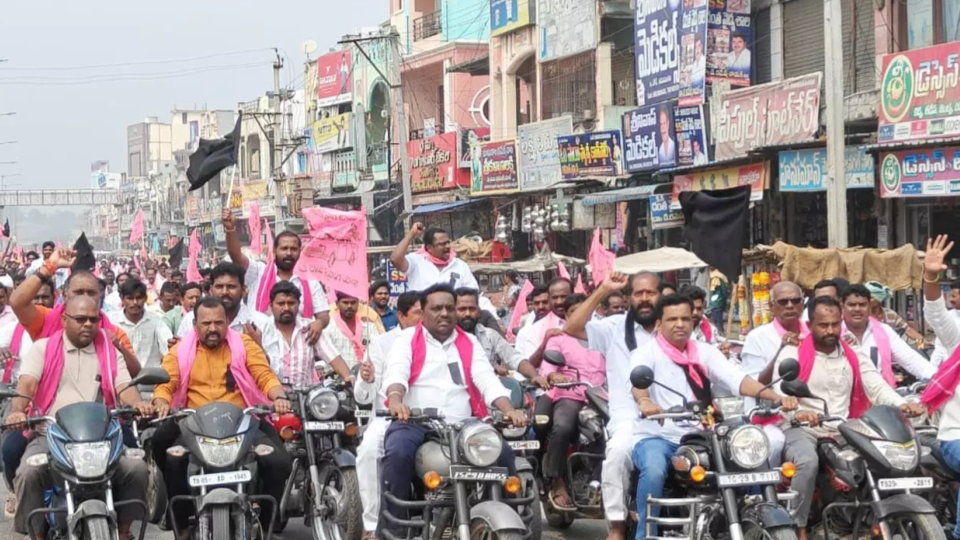
.jpg)







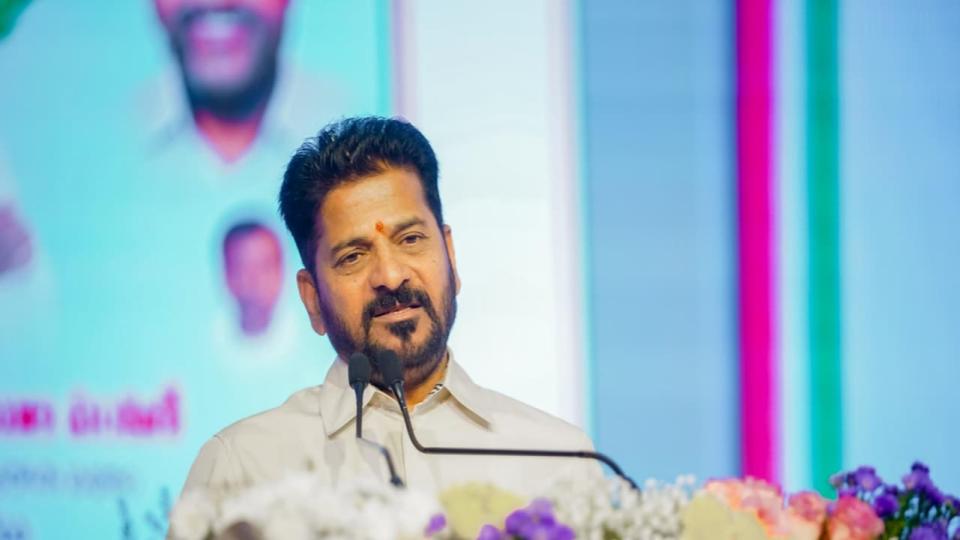
.jpg)


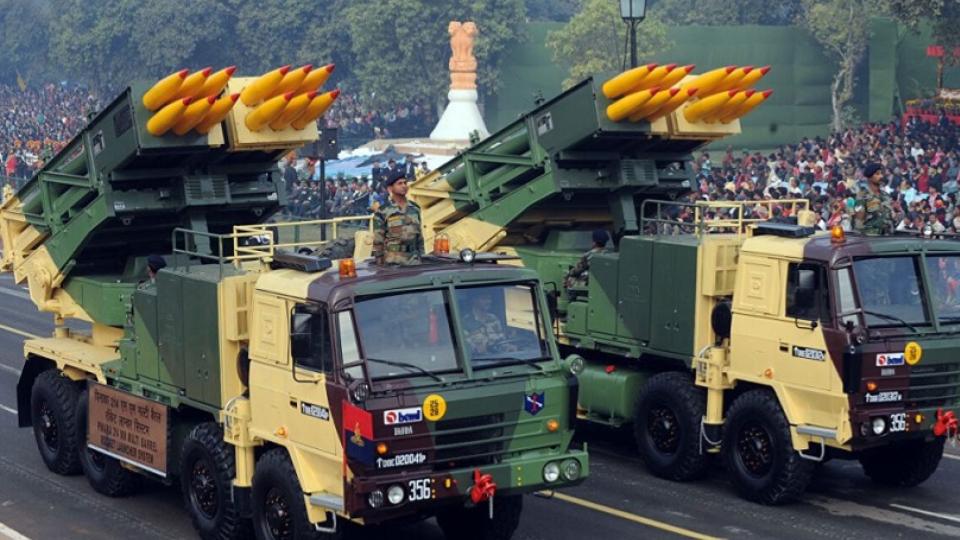
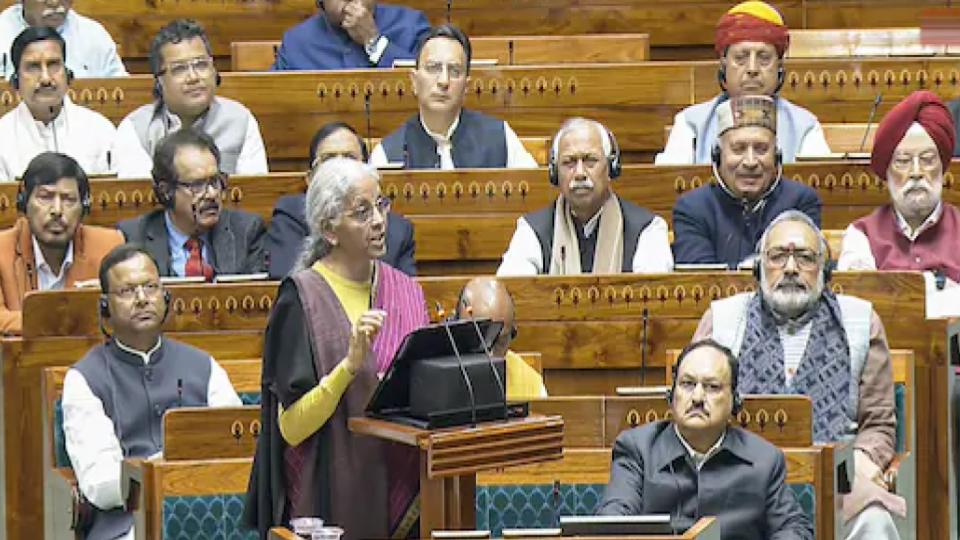






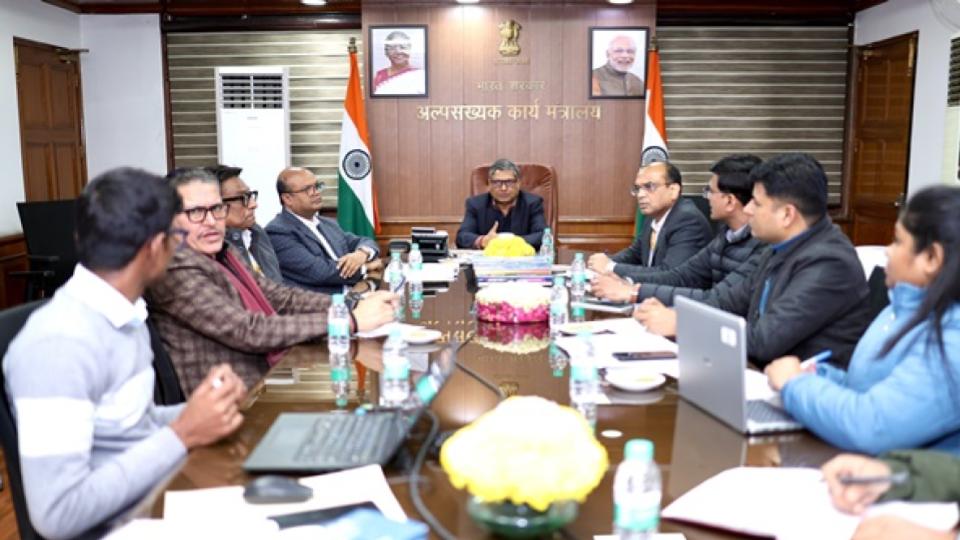














.jpg)
.jpg)
.jpg)


